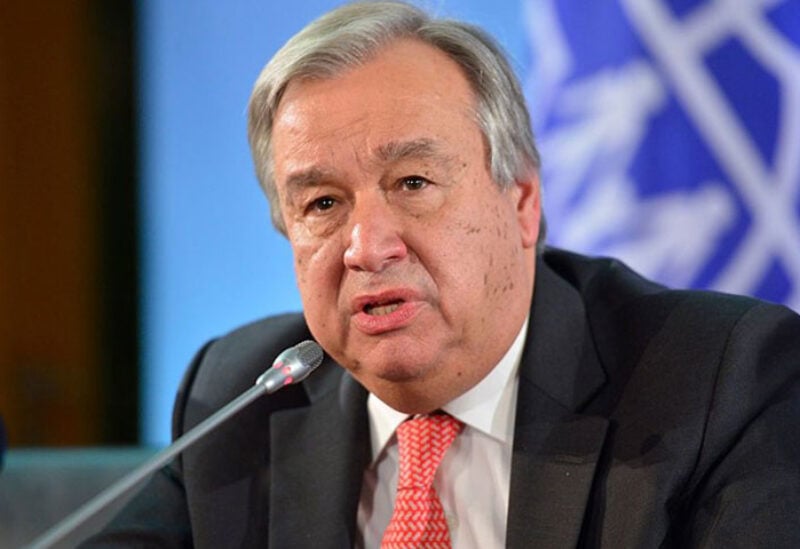
U.N. Secretary-General Antonio Guterres
According to diplomats, the United Nations Security Council is expected to vote on Sunday to summon a rare emergency special session of the 193-member United Nations General Assembly on Russia’s invasion of Ukraine, which will take place on Monday.
The 15-member council’s decision is procedural, meaning none of the five permanent members – Russia, China, France, the United Kingdom, and the United States – may use their vetoes. According to diplomats, the measure just need nine votes to pass.
Since 1950, just ten emergency extraordinary sessions of the General Assembly have been called.
The proposal for a session on Ukraine comes after Russia rejected a draft United Nations Security Council resolution condemning Moscow’s incursion on Friday. China, India, and the United Arab Emirates voted no, while the remaining 11 members voted yes.
Following several days of speeches by nations in the emergency special session, diplomats anticipate the General Assembly to vote on a similar resolution. Resolutions of the General Assembly are non-binding but have political clout.
The US and its allies are attempting to garner as much support as possible in order to demonstrate Russia’s worldwide isolation.
Following Russia’s takeover of Ukraine’s Crimea peninsula, the United Nations General Assembly passed a resolution in March 2014. The resolution, which invalidated a referendum on Crimea’s status, gained 100 yes votes and 11 no votes. A total of 22 nations did not vote, with 58 abstaining.
According to a U.N. official, UN Secretary-General Antonio Guterres met with Ukraine’s President Volodymyr Zelenskiy on Saturday and told him that the global organization aims to “increase humanitarian support to the people of Ukraine.”
In a statement, the UN spokeswoman stated, “He informed the President that the United Nations will launch an appeal on Tuesday to finance our humanitarian activities in Ukraine.”
Hundreds of thousands of people are on the move since Russia invaded its neighbor, according to UN assistance head Martin Griffiths, who warned on Friday that more than $1 billion will be required for relief operations in Ukraine over the next three months.